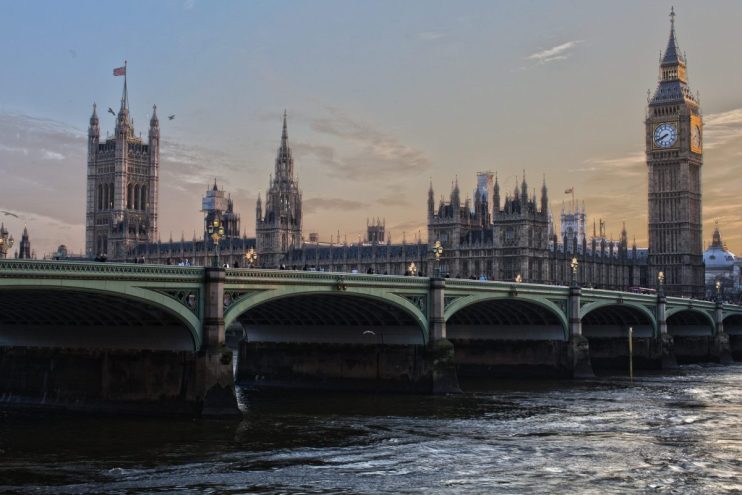UK public procurement reforms could create £4bn ‘accountability gap’, campaigners warn

Plans to overhaul the UK’s public procurement processes risk creating an “accountability gap” around the use of public funds, anti-corruption campaigners have warned.
The plans, which aim to make it easier for small businesses to win contracts from the UK government, seek to simplify the country’s procurement processes and make them easier to navigate.
The UK’s procurement bill, which is set to be debated in the House of Commons tomorrow, is set to “rip up bureaucratic EU regulations” and lift barriers that block small and medium enterprises (SMEs) from winning a larger share of the £300bn worth of public contracts the UK government buys each year.
The bill also seeks to boost visibility around public contracts, by creating central platform that advertises work, and aims to ensure all contractors are paid within 30 days.
But the UK Anti-Corruption Coalition (UKACC) has warned that plans included in the bill to lift the financial threshold for publication of transparency documents from £2m to £5m threatens to create a £4bn accountability gap in use of UK public funds.
The campaign group warned that “key information” on more than £4bn worth of contracts would be withheld under the new procurement rules.
Peter Munro, senior coalition coordinator at the UKACC said that “while the bill has welcome provisions and brings government procurement practice into the 21st century, this amendment is a step backwards for transparency and accountability over the use of public funds”.
He warned the new rules would make it “easier for authorities to forgo publishing transparency data about thousands of contracts worth billions of pounds, leaving substantial amounts of taxpayer money unaccountable to the public”.
“Given the recent scandals over Covid contracting, and when the public is asking for answers around procurement, it’s clear we need more transparency regarding the use of public money, not less,” Munro said.
The bill will also make it easier for the UK government to exclude suppliers and service providers that have previously underperformed on other contracts, including by creating a register of firms that should be barred.
It will also introduce new rules for making procurements during emergencies, such as pandemics, by allowing for faster processes than the normal tendering processes that take a minimum of 30 days.